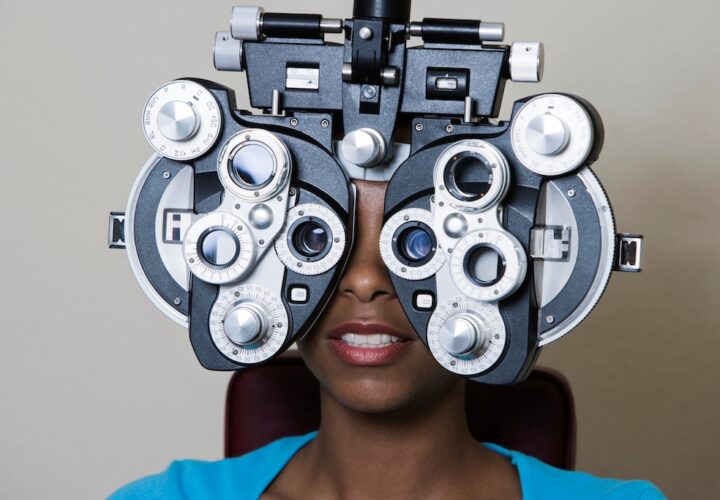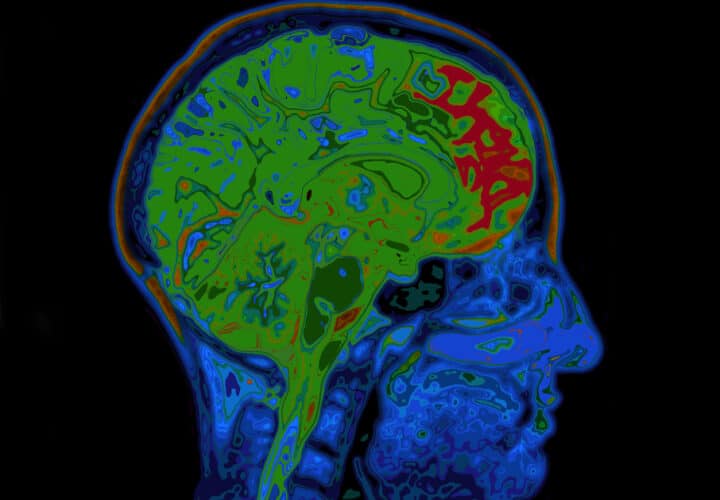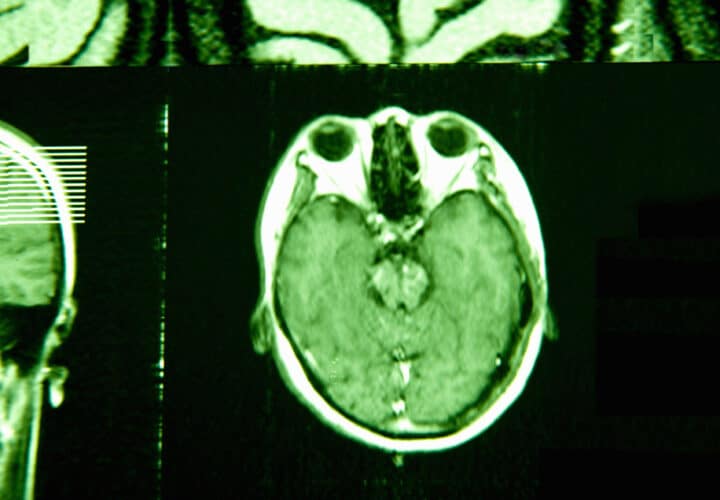Citing a lack of scientific evidence, an influential advisory panel has declined to recommend that older Americans receive ongoing cognitive screening as part of their medical care.
Citing a lack of scientific evidence, an influential advisory panel has declined to recommend that older Americans receive ongoing cognitive screening as part of their medical care. The U.S. Preventive Services Task Force concluded that it could neither recommend nor oppose cognitive screening because there is not enough scientific evidence of either harm or benefit. The panel’s work was an update to a 2014 evaluation that reached the same conclusion.
In a paper published in the Journal of the American Medical Association (JAMA), the task force wrote that “the evidence is lacking, and the balance of benefits and harms of screening for cognitive impairment cannot be determined.”
JAMA also published an interview with panel member Chyke A Doubeni of the Mayo Clinic. In the interview, Doubeni emphasized that the task force was not making a recommendation for or against cognitive screening for people 65 or older.
“We called for more research because the body of information is not strong enough,” Doubeni said. “We need more research in this area to guide us.”
The journal also published two accompanying editorials on the topic. In the first editorial, Carol Brayne of the University of Cambridge wrote that “the lack of progress is disheartening” given the “the burden of dementia and the intense public interest in preventing cognitive impairment.”
The second editorial also called the implication of the task force’s work concerning. “The absence of evidence for benefit may lead to inaction,” wrote Ronald Peterson of the Mayo Clinic and Christine Yaffe of the University of California, San Francisco.
“It would be a mistake if clinicians did not consider the value of screening for cognitive impairment on a case-by-case basis,” the authors said. “With the development of disease-modifying therapies for some of the underlying neurodegenerative diseases that contribute to cognitive impairment, the importance of screening will become increasingly apparent.”
Opponents of widespread cognitive screening said the task force recommendation was warranted. “Getting a positive result can make someone wary about their cognition and memory for the rest of their life,” Benjamin Bensadon of the University of Florida College of Medicine told Kaiser Health News.
On the other hand, Stephen Rao of Cleveland Clinic’s Lou Ruvo Center for Brain Health told KHN that cognitive screening can start an important conversation with a doctor. “You know, you’re having problems with your cognition, let’s follow this up.”
A study published last month by the Regenstrief Institute and Indiana University School of Medicine contradicted the task force’s recommendation. In that study, the researchers found that early detection of early detection of dementia and Alzheimer’s disease can help patients get the care and help they need sooner rather than later.





